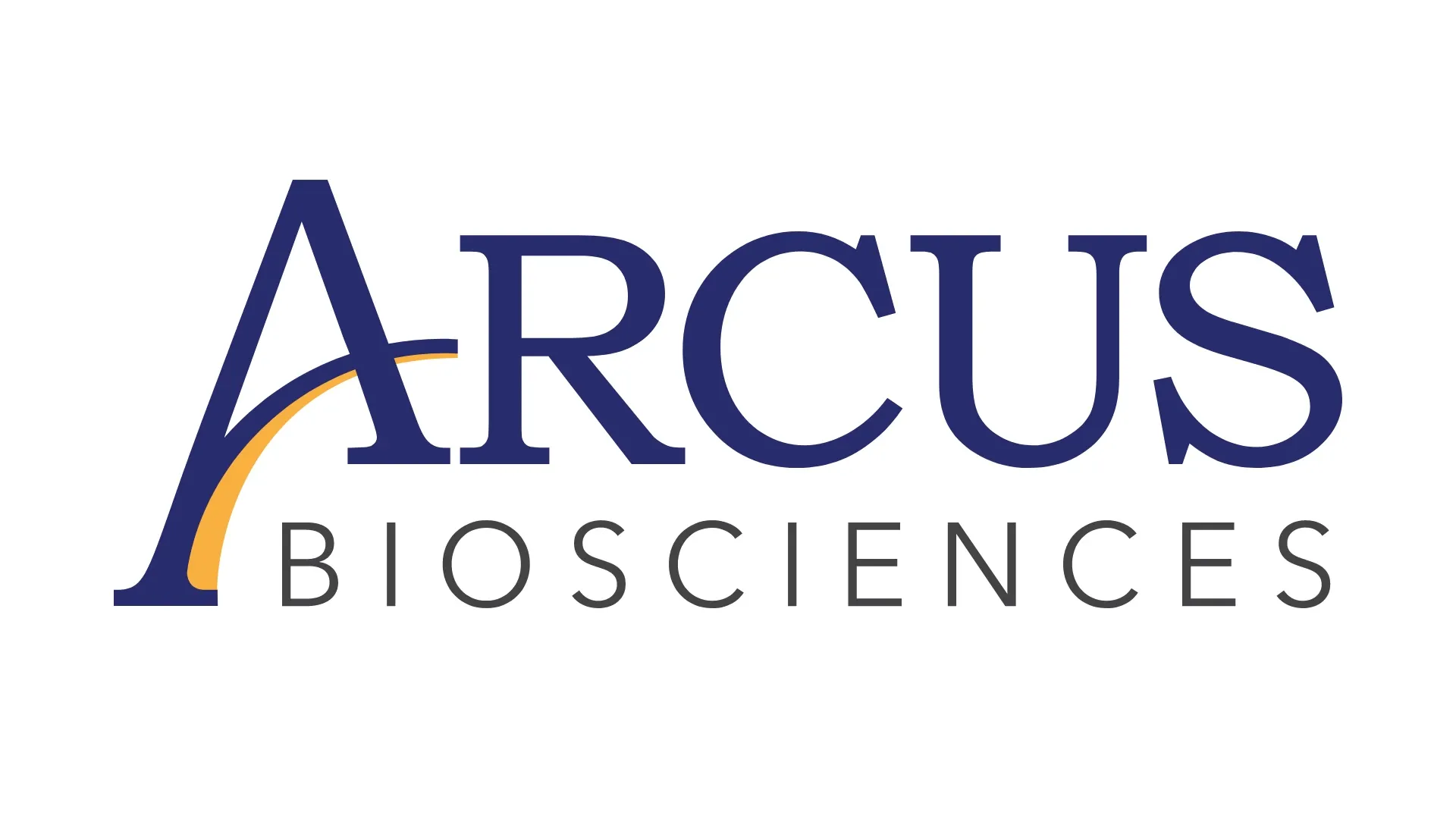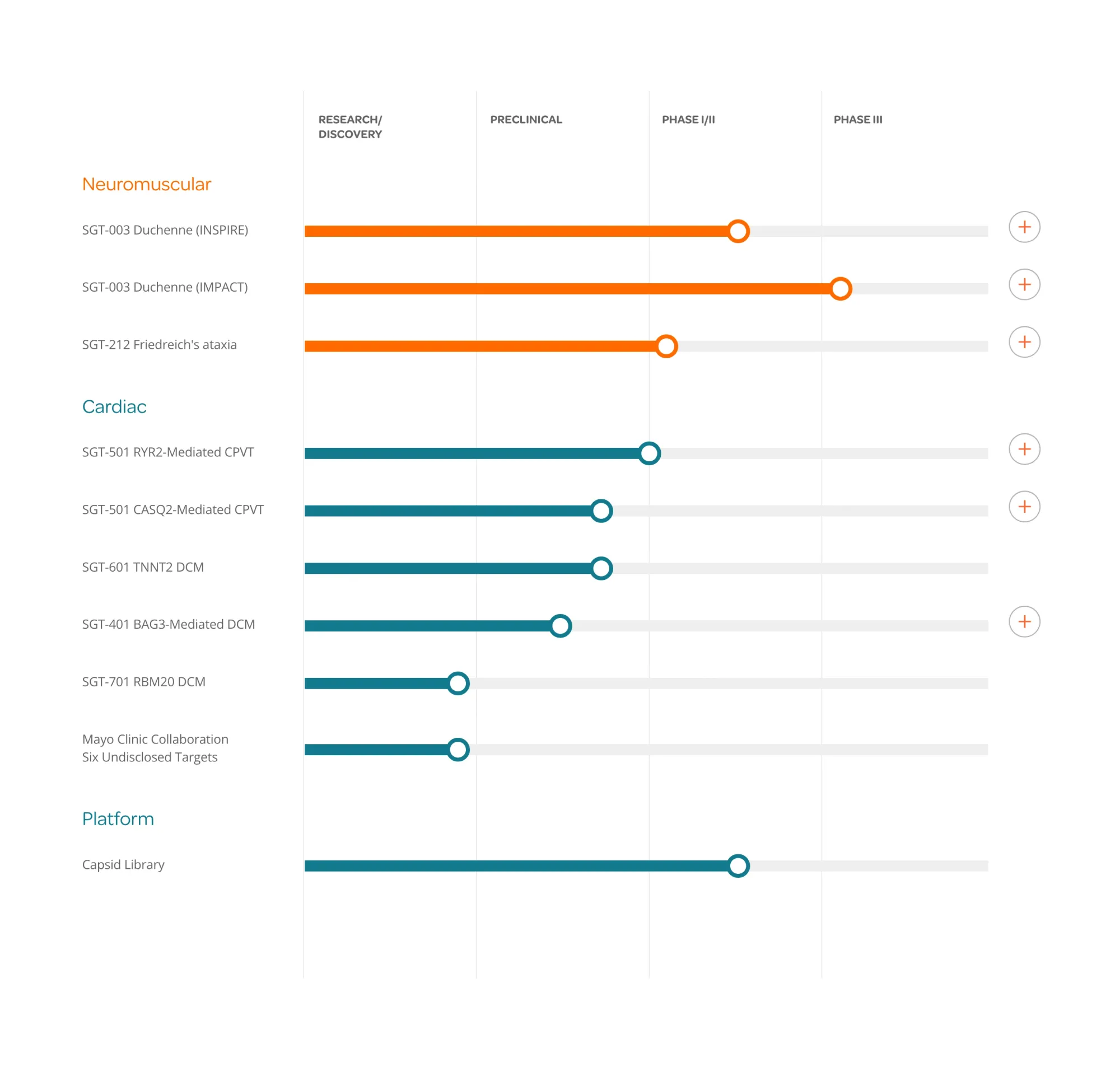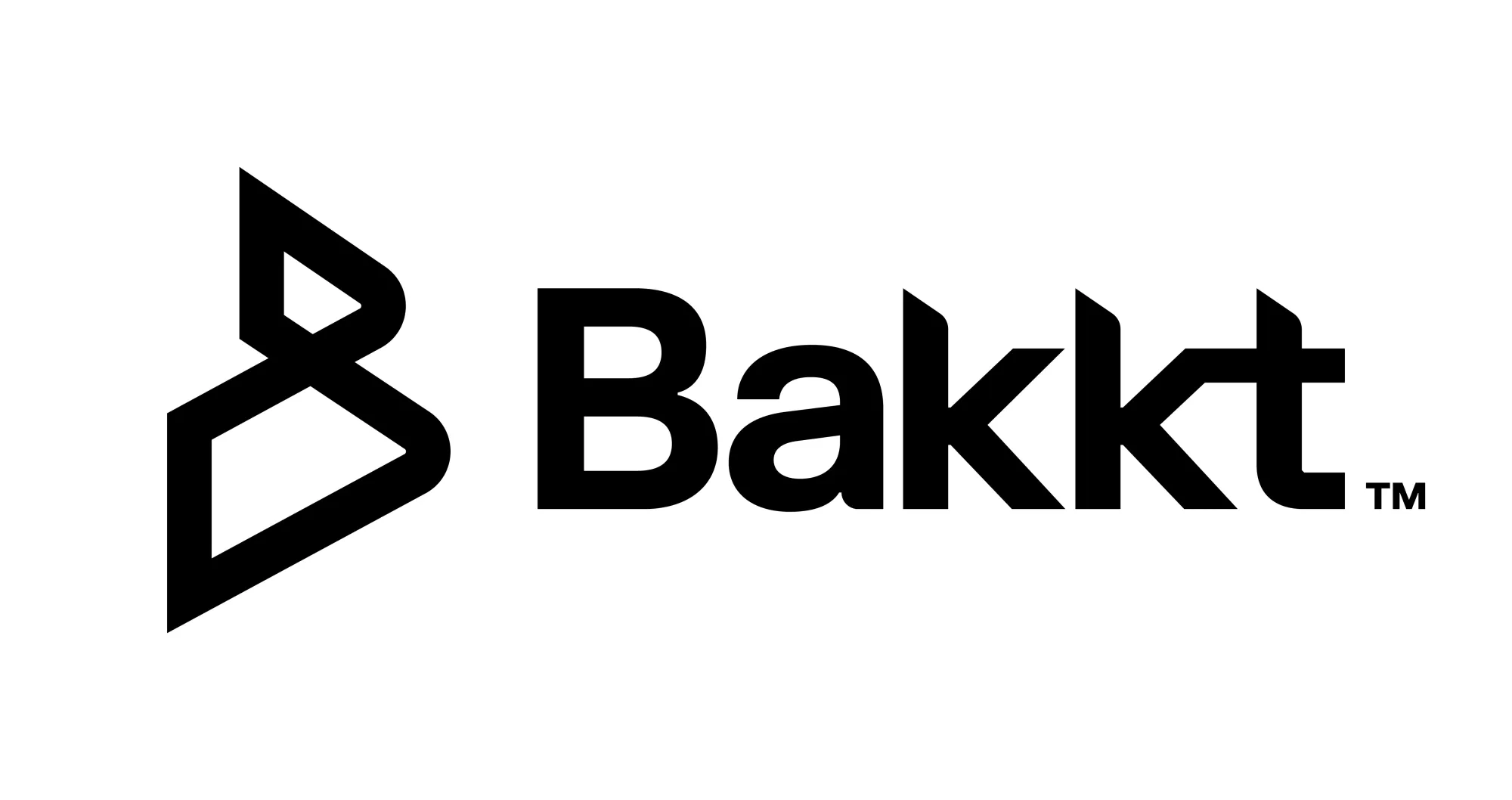AstraZeneca Secures Tariff Relief by Pledging Deep Drug Discounts and $50 Billion U.S. Investment
AstraZeneca joins Pfizer in a landmark agreement with the Trump administration, promising "most-favored nation" drug prices, direct-to-consumer sales up to 80% off list price, and a massive investment in U.S. manufacturing in exchange for a three-year tariff exemption.

AstraZeneca (AZN) became the second major drugmaker, following Pfizer (PFE), to reach a significant drug pricing agreement with the Trump administration. President Donald Trump and AstraZeneca Chief Executive Pascal Soriot announced the details of the pact in the Oval Office late Friday. The agreement establishes a framework the White House intends to use to achieve its objective of reducing U.S. prescription medicine prices.
President Trump makes an announcement at the White House — 10/10/2025
The core of the deal involves AstraZeneca offering "most-favored nation" (MFN) drug pricing. This means that all new AstraZeneca drugs introduced to the market, and its prescription drugs sold to the Medicaid program for low-income and disabled people, will be launched or offered at prices comparable to those in other wealthy nations. President Trump stated that this arrangement would offer the "lowest price anywhere in the world". The administration has vowed to change the calculation of drug costs using this MFN concept, which requires companies to offer drugs in the U.S. at prices equivalent to, or lower than, those in other countries.
In a move aimed at direct consumer benefit, AstraZeneca has committed to listing its entire catalog of prescription drugs on a new federal website, TrumpRx, which the administration plans to launch in 2026. Through this site and the company’s own direct-to-consumer platforms, AstraZeneca said it will provide direct sales of certain drugs for up to 80% off list prices. Drugs expected to see price cuts include the asthma inhalers Airsupra, Bevespi, and Breztri, and the diabetes drug Farxiga. AstraZeneca had already established its own direct-to-consumer sites, selling drugs like Airsupra and Farxiga at a cash discount of up to 70% off list prices.
In exchange for these pricing concessions, the U.K.-based company—which earned 43% of its revenues in the U.S. in 2024—receives a significant incentive: a three-year exemption from tariffs the administration had threatened to impose on imported drugs. This tariff relief enables the company to fully onshore its remaining manufacturing for medicines sold in the U.S..
AstraZeneca also committed to a massive investment campaign, pledging to invest $50 billion dollars in U.S. manufacturing and research and development over the next five years (or by 2030, according to a July announcement). This includes breaking ground on a $4.5 billion manufacturing plant in Virginia, which will be its biggest site worldwide, increasing its U.S. manufacturing presence to 12 sites upon completion.
CEO Pascal Soriot praised the deal, calling it a "big win for the economy and taxpayers because it's rebalancing the cost of innovation," asserting that the U.S. has shouldered a disproportionate portion of the world's R&D costs for too long.
The agreement confirms that the White House is willing to negotiate with drugmakers, who have faced political pressure regarding high prices, which are often nearly three times more than in other developed nations. Following the precedent set by Pfizer, investors have responded positively, interpreting these deals as having a limited financial impact on the companies, as the new prices often apply only to limited parts of their businesses, while companies gain certainty on U.S. pricing policy and avoid new tariffs. However, some analysts remain uncertain whether these deals will significantly help Americans struggling with out-of-pocket drug costs. Administration officials, including Centers for Medicare & Medicaid Services Administrator Mehmet Oz, have suggested that more companies are likely to announce similar deals soon.



